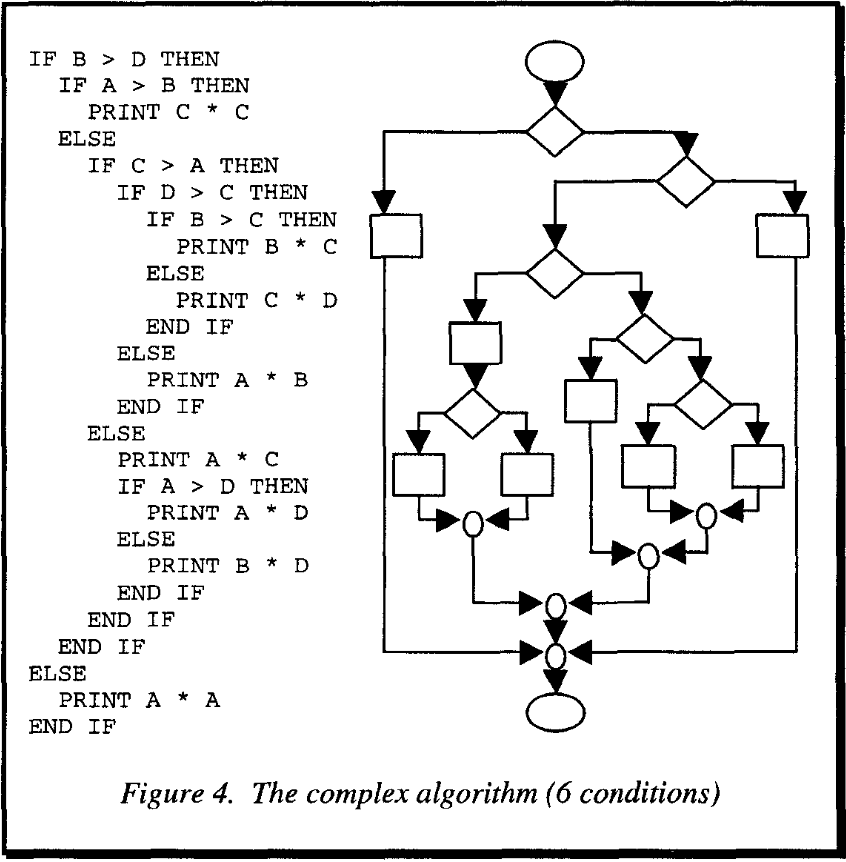The Lure of Fascism
Algorithmic Neoliberalism and the World-System of Large-Scale Customization
With Stephen Shapiro, Professor of English and Comparative Literary Studies, University of Warwick
What does it mean to be “human” in the third phase of neoliberalism, one exemplified by algorithmic governmentality? Can we understand the lure of fascism as registering these changes in our collective experience-system? How might we construct an emancipatory alternative? This talk will propose three claims. First, our understanding of neoliberalization has been limited by our dependence on an overly developmental historical narrative. Our current moment is a combination of a nascent third-phase of neoliberal strategies that arose as a response to the 2008/11 crash and the last moments of a secular trend of centrist liberalism going back to the eighteenth century. Second, this phase is exemplified by the rise of a new form of subjectivity based on algorithmic governmental (Antoinette Rouvroy), one that has features different from the previously dominant (Foucauldian) understanding of power as productive and disciplinary. Third, drawing on recent architectural theory, we can approach the question of post-mass cultural/Fordist-era subjectivity through the onset of additive manufacturing and culture in the age of large-scale customization. For the arts and humanities, the implication herein is that our previously invoked semiotic models (the so-called linguistic turn) may also have decreased efficacy. What new kind of oppositional subjectivity might then be summoned?
Curator: Marcia Klotz (UArizona English and Gender & Women's Studies)
Lecture (open to the public): Thursday, February 18, 2021, 6-7:30pm MST
-
Register in advance for this meeting: https://arizona.zoom.us/meeting/register/tZUqf-2hpj8iHdXVHbEpB0xGKN9QoF…;
-
After registering, you will receive a confirmation email containing information about joining the meeting.
Seminar: Friday February 19, 2021, 11am-12:30pm MST

Illustration of an algorithm from this 1998 paper.

Stephen Shapiro is the author and editor of seventeen book-length projects. His most recent work includes the collections, Neoliberalism and Contemporary American Literature (with Liam Kennedy); World-Literature, Neoliberalism, and the Culture of Discontent (with Sharae Deckard, British Association of Contemporary Literary Studies 2019 prize for best edited collection); Pentecostal Modernism: Lovecraft, Los Angeles, and World-Systems Culture (with Philip Barnard); and the MLA-CSE edition of Charles Brockden Brown’s political pamphlets (with Mark Kamrath and Maureen Tuthill). As a member of the Warwick Research Collective (WReC), he has co-authored, “Collectivity and Crisis in the Long Twentieth Century” in the current issue of MLQ.
Seminar readings (PDFs are password protected):
Michel Foucault, chapters 2 and 9, Birth of Biopolitics
Foucault.chaps2+9.Birth of Biopolitics.pdf
Immanuel Wallerstein, "Citizens All? Citizens Some! The Making of the Citizen”
Immanuel Wallerstein - Citizens All - Citizens Some - The Making of the Citizen.pdf
Antoinette Rouvroy, "The end(s) of critique: Data behaviourism versus due process”
Stephen Shapiro, “Foucault, Neoliberalism, Algorithmic Governmentality, and the Loss of Liberal Culture”
Shapiro.algorithmic governmentality.final_.pdf
Liam Kennedy and Shapiro, Introduction to Neoliberalism and Contemporary American Literature
Intro to Neoliberalism and Contemporary American Literature.pdf
